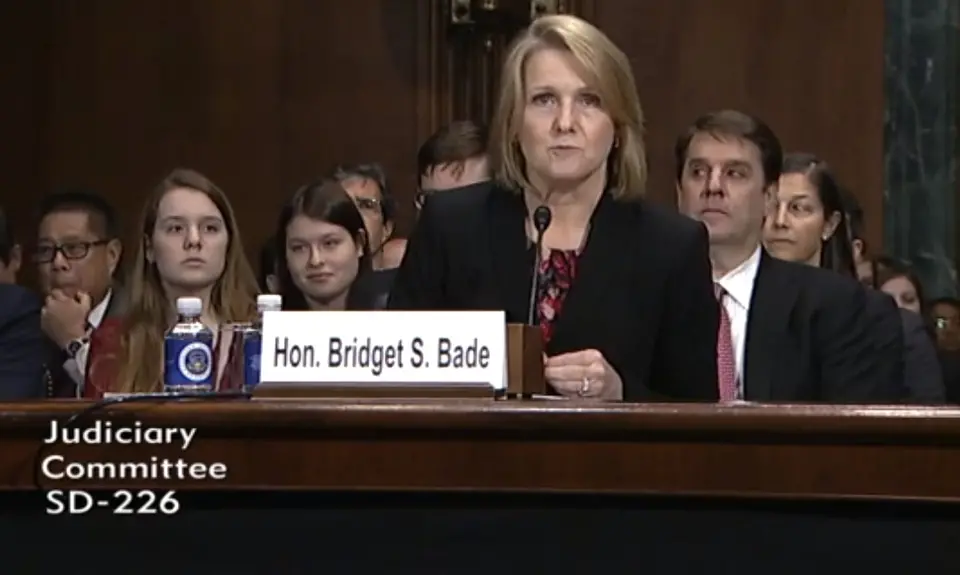“Confirmed Judges, Confirmed Fears” is a blog series documenting the harmful impact of President Trump’s judges on Americans’ rights and liberties.
A low-income victim of employment discrimination by an enormous corporate employer may be wary of filing a lawsuit, given the company’s vastly greater resources and power. If that person knows that the cost of losing will include paying the company’s legal costs (excluding attorneys’ fees), they could very well be intimidated from filing even the most meritorious of lawsuits. Yet that is exactly what Ninth Circuit Trump judge Bridget Bade would have caused in her October dissent in Mauran v. Walmart.
Warren Mauran took Walmart to court claiming the store had unlawfully fired him due to his age, but the trial court dismissed his case. Under federal rules in civil cases, the presumption is that the losing party “should” pay for the winning party’s expenses (excluding attorneys’ fees), so the losing party has the burden of demonstrating why the judge should depart from that practice.
In awarding costs to Walmart—the world’s largest company by revenue—the district court judge wrote:
The Court acknowledges that an award of $6,012.80 in costs - which Mauran argues is equal to nearly 25 percent of his annual income - seems like no small amount to Mauran. [emphasis added]
He added:
The Court also agrees that Mauran's suit presented close questions and that age discrimination is an important issue.
Nevertheless, the judge ruled that Mauran had failed to persuade him that the costs award would result in severe injustice or significantly chill future civil rights litigation.
The Ninth Circuit majority concluded that under circuit precedent, the district court judge had abused his discretion by requiring Mauran to pay Walmart’s costs. The lower court had “failed to appreciate the potential chilling effect on future civil rights actions.” It had also “failed to consider whether severe injustice would result from an award of costs.” Finally, it had “failed to consider the economic disparity between the parties.” As a result, the majority vacated the trial court’s decision and directed it to more carefully consider the costs issue with these factors in mind. But in dissent, Judge Bade would have upheld the decision.
